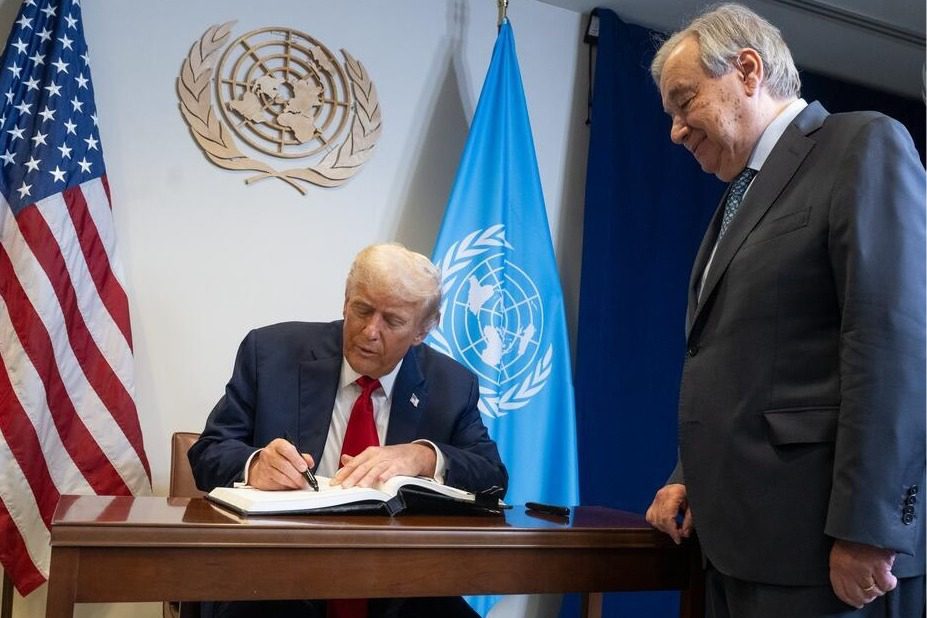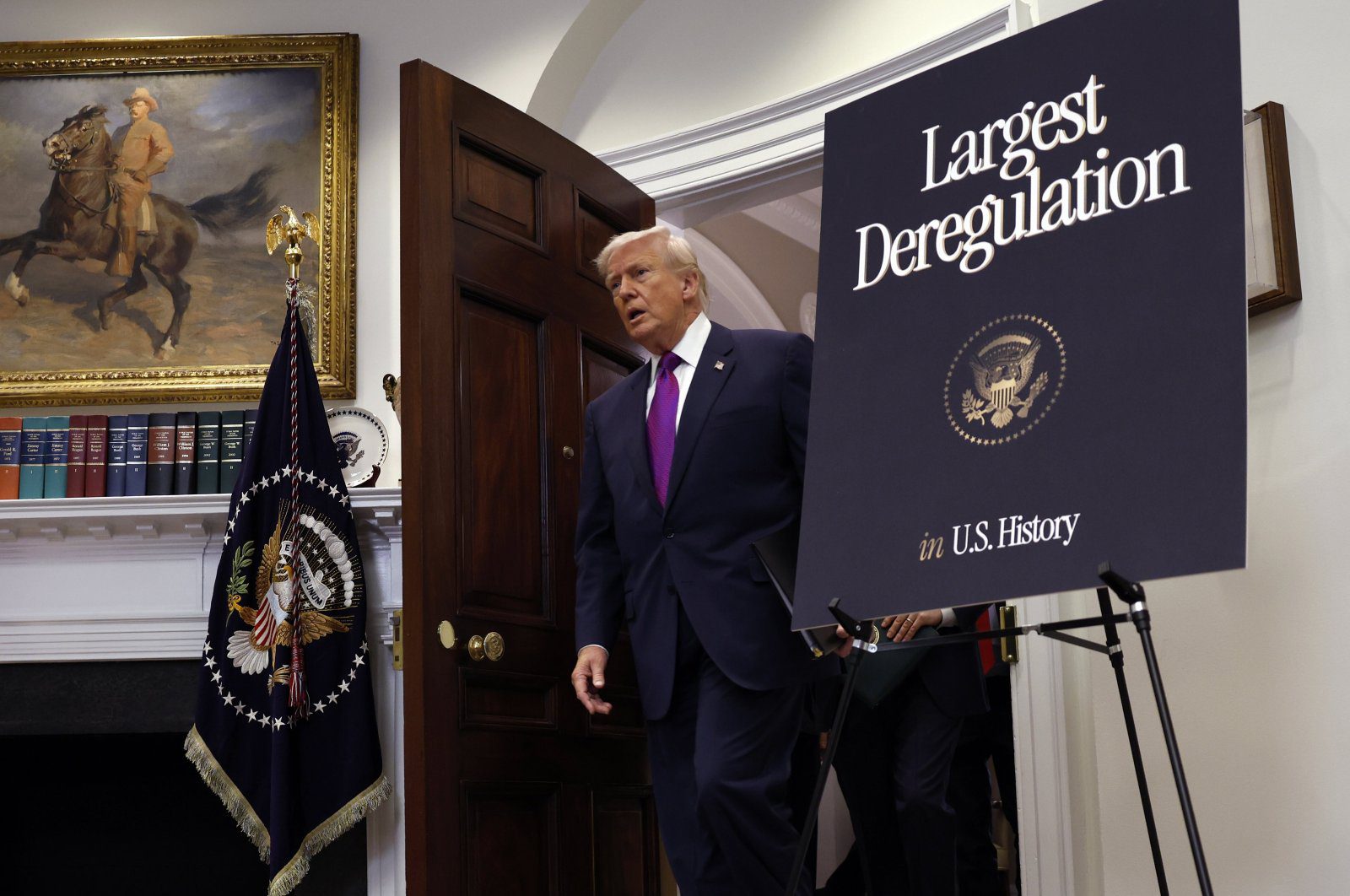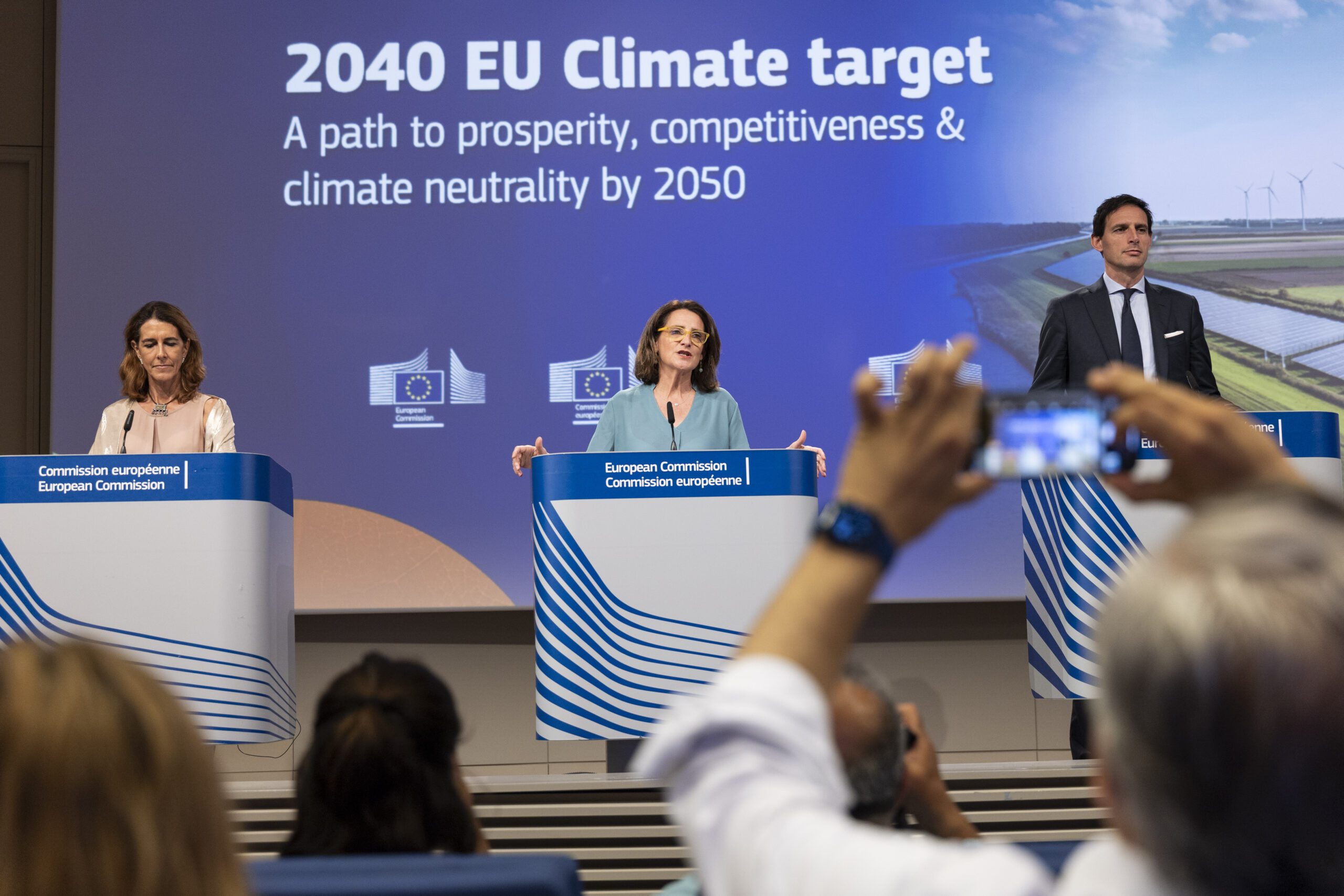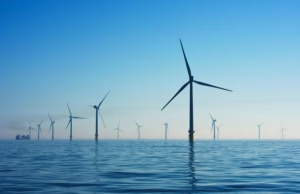Key Impact Points
- Climate collaboration persists: Despite tensions, the U.S. and China continue to seek cooperation on climate issues, including progress on COP29 and emissions targets.
- Disagreements on climate finance remain: Both countries are discussing the structure of a major new fund for developing nations, but concerns over contributor obligations persist.
- Future climate goals under negotiation: As the 2035 target deadline approaches, the U.S. is pushing for substantial CO2 reductions from China.
Progress in U.S.-China Climate Talks Amid Differences
Despite ongoing tensions between the U.S. and China, climate collaboration continues to move forward. U.S. climate envoy John Podesta, speaking after talks with Chinese officials in Beijing, acknowledged the progress made this week but highlighted continued disagreements, particularly on climate finance.
“Notwithstanding some friction in our bilateral relationship, we can find places to collaborate for the good of our people and of our climate,” Podesta told reporters, referencing discussions with Chinese foreign minister Wang Yi and climate envoy Liu Zhenmin.
Historical Climate Cooperation
While the U.S. and China are the world’s largest greenhouse gas emitters, their cooperation has been instrumental in securing global climate pacts, such as the 2015 Paris Agreement. However, experts remain cautious about the outcomes of this week’s talks, particularly with uncertainties surrounding the upcoming U.S. presidential election, where a shift in administration could upend ongoing efforts.
During the meeting, Wang Yi urged the U.S. to maintain “policy stability,” referring to potential shifts in climate dialogue based on election results.
Key Focus: Climate Finance and COP29
A central point of discussion was the preparation for the upcoming COP29 climate talks in Baku, Azerbaijan, scheduled for November. Both countries are aiming to reach an agreement on a new climate fund to support developing nations. However, the U.S. is advocating for a broader base of contributors, a move that China and other developing nations worry could “dilute” the financial obligations of wealthier countries.
Related Article: Small Islands, Big Stakes: How the Pacific Islands Forum Has China and the U.S. on Island Time
2035 Climate Targets on the Horizon
Another critical topic was the 2035 climate targets, which both nations are expected to submit to the United Nations early next year. The U.S. is pressing China to commit to more aggressive CO2 emission cuts, aiming for a stronger global stance ahead of the looming deadline.
While the talks were productive, Podesta acknowledged that significant differences remain, particularly in aligning on key issues like climate finance. Nevertheless, both sides recognize the importance of continued collaboration to address global climate challenges.

 Follow SDG News on LinkedIn
Follow SDG News on LinkedIn











